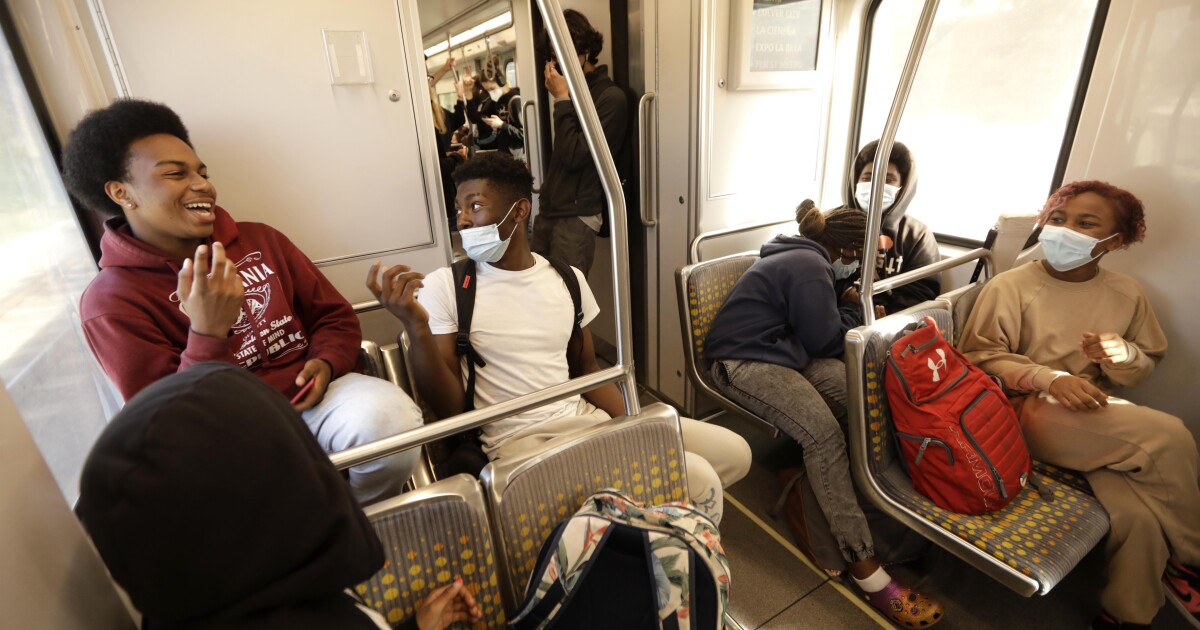Contents

PHOTO ILLUSTRATION BY DAN DAO / GETTY IMAGES
Welcome to Pollapalooza, our weekly polling roundup.
Last Friday, the Supreme Court overturned Roe v. Wade, eliminating the constitutional right to abortion after almost 50 years. The decision in Dobbs v. Jackson Women’s Health Organization has sent states scrambling to restrict abortion or expand access.
We’ve found seven polls conducted since Friday that show whether U.S. adults approve or disapprove of the Dobbs decision, and as you can see in the table below, the takeaway is clear: More Americans disapprove of the ruling than approve of it.
Americans disapprove of the court’s decision to overturn Roe
Polls conducted since the Supreme Court overturned Roe v. Wade on June 24 that ask Americans whether they approve or disapprove of the court’s decision
| Pollster | Dates | Approve | Disapprove | Difference |
|---|---|---|---|---|
| YouGov | June 24 | 37% | 50% | -13 |
| YouGov | June 24-25 | 31 | 47 | -16 |
| Marist College/NPR/PBS NewsHour | June 24-25 | 40 | 56 | -16 |
| YouGov/CBS News | June 24-25 | 41 | 59 | -18 |
| Monmouth University | June 24-25 | 37 | 60 | -23 |
| YouGov/Yahoo News | June 24-27 | 33 | 49 | -16 |
| YouGov/The Economist | June 25-28 | 42 | 49 | -7 |
Hints of this disapproval loomed large before Friday, too. According to a poll conducted by YouGov/The Economist from June 18-21, 50 percent of Americans did not want the court to overturn Roe. And when YouGov ran a survey after the release of the Dobbs decision on June 24, it found that the same percentage of Americans disapproved of the court overruling Roe. (Support for overruling Roe didn’t waver much, either: Thirty-two percent were in favor of overturning Roe in the earlier survey, compared with 37 percent in the later survey.)
But it’s not just that Americans largely disapprove of the Dobbs decision. A third YouGov poll, this one fielded June 24-25, gave respondents 11 different choices to describe their reaction to the decision, and Americans reported feeling disgusted (34 percent) at a higher rate than any other emotion. This was closely followed by feeling sad (33 percent), angry (32 percent) and outraged (31 percent). A far smaller share of Americans reported positive emotions about the decision, such as feeling satisfied (19 percent), grateful (18 percent), happy (17 percent) and thrilled (12 percent). Notably, only 20 percent of Americans said they felt surprised by the decision, perhaps due to the notorious leaked draft opinion from early May as well as the court’s recent track record, which has been very conservative.
The Supreme Court’s approval rating is dropping | FiveThirtyEight Politics Podcast
Still, even though many Americans don’t approve of the court overturning Roe, their thoughts about the legality of abortion haven’t changed much since early September, when the Supreme Court allowed Texas’s six-week abortion ban to go into effect. As you can see in the chart below, the breakdown of Americans who believe abortion should be always legal, mostly legal, mostly illegal and always illegal has been relatively stable since then.

To be sure, a greater share of Americans consistently think abortion should be mostly or always legal (an average of 58 percent across all surveys) than think it should be mostly or always illegal (an average of 39 percent). But it is telling that there hasn’t been more of a change in how Americans are thinking about abortion.
The political consequences of overturning Roe v. Wade
The reality is that many Americans belong to a gray zone of public opinion when it comes to abortion. Between the “mostly legal” and “mostly illegal” groups, a little over half of Americans think there is no absolute answer as to whether abortion should be legal. Lack of a strong opinion may also correlate with lack of knowledge. As FiveThirtyEight reported last December, Gallup found in May 2018 that 60 percent of Americans believed abortion should be generally legal throughout the first trimester, but only 28 percent said the same for the second trimester. And yet this stands in contrast with Americans’ general support for Roe, which protected abortion until nearly the end of the second trimester.
While public opinion on abortion has remained fairly steady, public opinion on the Supreme Court has not. According to Gallup data, Americans’ confidence in the court has been trending mostly downward since peaking in 1988, but it nosedived in the past year. Last June, Americans’ confidence in the court sat at 36 percent; however, in June 2022 — ahead of the Dobbs decision but after its draft opinion was leaked — it plummeted to 25 percent. This is the lowest confidence level since Gallup began the surveys almost 50 years ago, and it was driven primarily by a dramatic drop in confidence among Democrats and independents.
This isn’t the first time that the Supreme Court has suffered a favorability problem. One prominent example is the court’s decision in Bush v. Gore, where the Supreme Court overturned an order by the Florida state Supreme Court to recount a subset of ballots. But there’s a clear difference between now and the early 2000s: While many people didn’t like that decision, Gallup reports that 59 percent of Americans approved of the court in January 2001.
That might not be the case this time, though, given today’s incredibly polarized political climate. Additionally, there is evidence of a broader lack of faith in the court, which is at least partly driven by distrust in what is ultimately guiding the court’s decisions. Strikingly, according to an NPR/PBS NewsHour/Marist College poll conducted June 24-25, 57 percent of Americans said that overturning Roe was “politically motivated and not motivated by the law.”
The Supreme Court dealt a big blow to the separation of church and state
Other polling bites
- The Supreme Court’s ruling on abortion isn’t the only issue where it’s out of step with public opinion. Most Americans also disagreed with its ruling that New York’s gun-control law was unconstitutional, according to a recent survey from Monmouth University. Fifty-six percent said that states should be allowed to limit the ability of people to carry concealed handguns through permits and other protocols.
- Sixty percent of Americans overall had “very positive” views on their national flag, though that number changes dramatically when broken out by race, age and party, per a YouGov poll published this week. White Americans were nearly twice as likely as Black Americans to view the flag that favorably (70 percent and 37 percent, respectively). It’s a similar story between adults under the age of 30 (41 percent held a “very positive” view) versus adults over 65 (78 percent), as well as between Democrats (49 percent) and Republicans (83 percent).
- As the Jan. 6 hearings continue, 51 percent of likely voters agreed that Trump-supporting Republicans’ challenges to the results of the 2020 election, including during the Capitol insurrection, were “[a]n attempt to claim and hold power and overturn the will of the people,” according to a poll from Data for Progress conducted June 15-21. Among Democrats, a whopping 87 percent agreed with that view. Only 19 percent of Republicans thought so, however. By contrast, 66 percent of Republicans agreed with the idea that Trump-supporting Republicans’ challenges were “[b]ased on legitimate evidence of fraud, illegal voting, and false results.”
- On the whole, Americans are cutting back on travel, per recent polling from Morning Consult. While the share of Americans planning to travel this summer is up compared with last summer, many said they plan to stick to fewer trips overall. The most noticeable drop comes from the study’s highest income bracket, or those in households that make over $100,000 annually: Only 31 percent planned to go on multiple trips this summer, compared with 44 percent who planned to in 2021. Despite the hike in gas prices, there’s been almost no change in those opting to drive (61 percent of travelers this summer and 59 percent last summer).
Biden approval

According to FiveThirtyEight’s presidential approval tracker, 39.0 percent of Americans approve of the job Biden is doing as president, while 56.2 percent disapprove (a net approval rating of -17.2 points). At this time last week, 39.2 percent approved and 55.4 percent disapproved (a net approval rating of -16.2 points). One month ago, Biden had an approval rating of 40.7 percent and a disapproval rating of 54.1 percent, for a net approval rating of -13.3 points.
Generic ballot

In our average of polls of the generic congressional ballot, Republicans currently lead by 2.1 percentage points (44.8 percent to 42.7 percent). A week ago, Republicans led Democrats by 2.3 points (44.8 percent to 42.5 percent). At this time last month, voters preferred Republicans by 2.2 points (45.0 percent to 42.8 percent).





